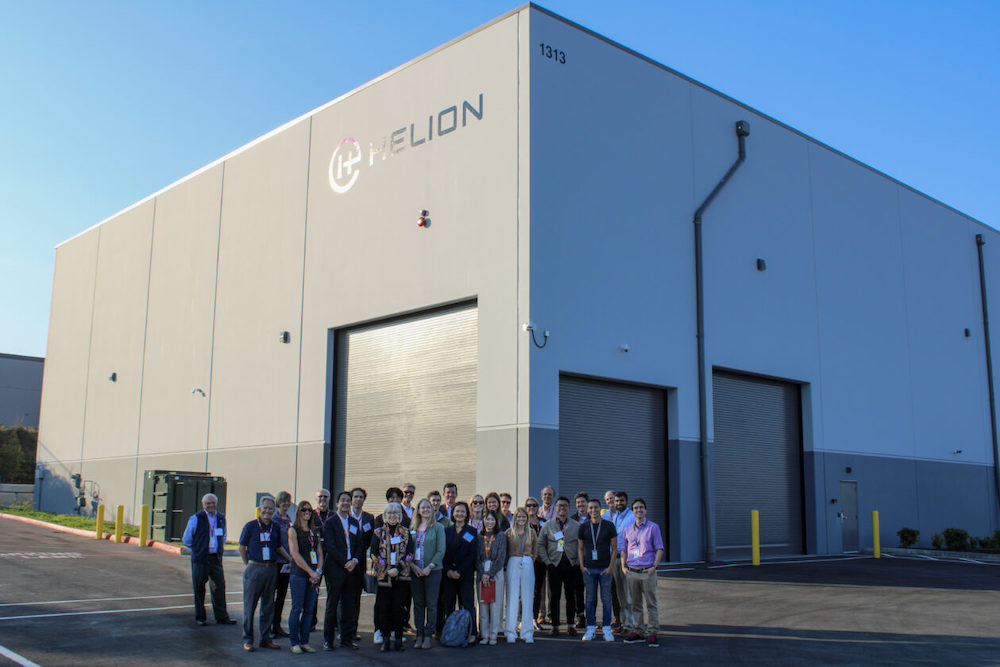ImpactAlpha, May 15 – The timeline for commercially-viable fusion energy took a leap forward with a commitment by Helion Energy to deliver fusion power to Microsoft in 2028. The power purchase agreement – the first such agreement for fusion energy – would deliver 50 megawatts of grid-connected electricity to Microsoft to power its data centers.
Fusion is a potentially revolutionary source of clean, abundant energy that has been decades in the making. “This collaboration represents a significant milestone for Helion and the fusion industry as a whole,” Helion’s David Kirtley wrote.
The agreement is binding and carries financial penalties if Helion fails to deliver, Kirtley told The Verge.
Fusion race
More than two-dozen startups backed by billions of venture dollars are racing to commercialize fusion using tokamaks, stellarators, lasers and high-powered magnets to superheat plasma and release energy. Avalanche Energy is pursuing modular fusion micro-reactors. Last year, Lawrence Livermore Lab’s laser-based system achieved the technical milestone of net-energy, where more energy is generated than it takes to create a fusion reaction.
Helion uses a pulsed non-ignition fusion system to fuse deuterium and Helium-3, a form of helium found on the Moon that Helion makes using its plasma accelerators. The Redmond, Wash.-based company is developing its seventh prototype and says it’s smaller and more energy-efficient than other systems.
Helion raised $500 million in 2021 from tech investors including Sam Altman and Reid Hoffman, as well as Capricorn Investment Group.
Purchasing power
Corporations such as Microsoft have played an enormous role in commercializing renewable energy and driving down cost curves. Corporations spent $125 billion on clean energy and climate tech in 2020, dwarfing venture capital investments. Advance purchase agreements de-risk renewable energy projects while locking companies into attractive rates and long term supplies of green power.
Corporations have also committed to advance purchases of carbon removal technology and other emerging climate-tech solutions via collaborations such as the Frontier coalition and the First Movers Coalition.











